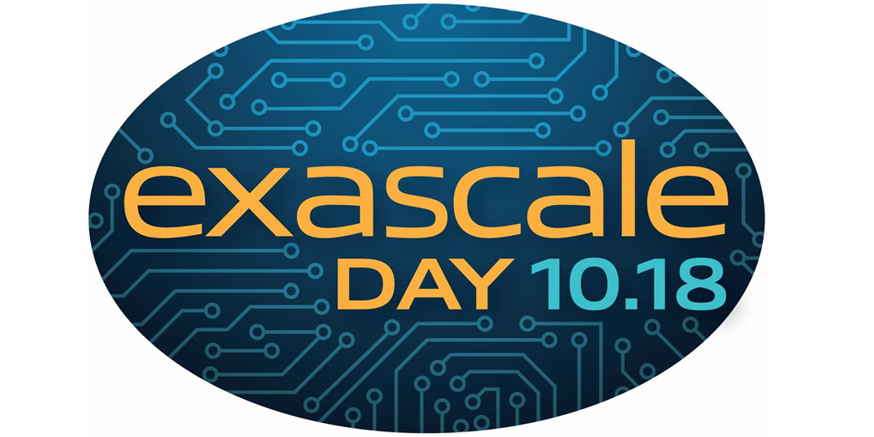The world of multi-core brings many challenges to the programmer. In this thesis paper, Celina Berg contends that conceptual models for multicore need to be rethought In order to establish new conceptual models.
Multi-core programming presents developers with a dramatic paradigm shift. Where the conceptual models of sequential programming largely supported the decoupling of source from underlying architecture, it is now unwise to develop new patterns, abstractions and parallel software in complete isolation from issues of modern hardware utilization. Challenging issues historically associated with complex systems code are now compounded within the parallel domain. These issues are manifested at all stages of software development including design, development, testing and maintenance. Programmers currently lack the essential tools to even partially automate reasoning techniques, resource utilization and system configuration management. Current trial and error strategies lack a systematic approach that will scale to growing multi-core and multi-processor environments. In fact, current algorithm and data layout conceptual models applied to design, implementation and pedagogy often conflict with effective parallelization strategies. This dissertation calls for a rethinking, rebuilding and retooling of conceptual models, taking into account opportunities to introduce parallelism for multi-core architectures from the ground up.
A tip of the hat goes to Stream Computing for pointing us to this story. Download the PDF.




